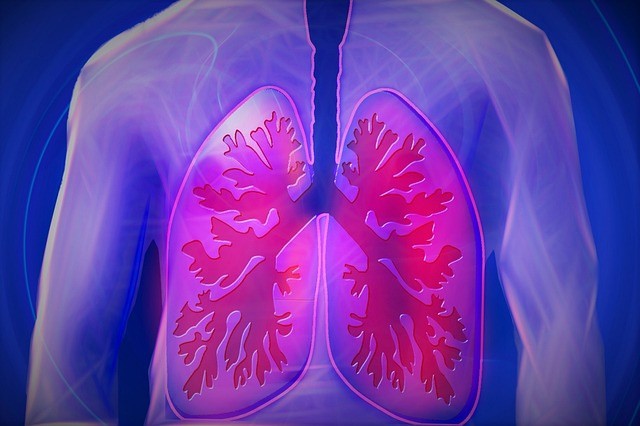
What became of the coronavirus and how does it fatally affect the lungs of patients which kills them?
The COVID-19 disease is the result of getting infected by the coronavirus that has 2,094,897 cases, and 135,569 deaths. Many of those who died had a cluster of pneumonia cases with an unknown cause that led to death.
Whenever the patient is intubated, they are now 50/50 and those with health problems are in danger.
But, some got deadlier aspects of the disease that became a one-way ticket to a mass grave if you lived in New York.
According to the WHO, 80% afflicted with COVID-19, will recover not needing special care to weather out the infection. Though one person out of six will develop severe symptoms and have a hard time trying to breathe.
What does the coronavirus do to cause pneumonia, and how does it affect the lungs in particular?
Prof. John Wilson, president-elect of the Royal Australasian College of Physicians and a respiratory physician have something this to say about the coronavirus.
He added that most severe cases of the COVID-19 were with a case of pneumonia.
That pneumonia is experienced with the disease has four categories that it is placed in.
Least of the types to be worried about. If the sufferer had the subclinical type of malady but has the virus and no symptoms, which is the least serious of the bunch.
Next is the infection is in the upper respiratory tract. Whenever the patient is in this level of affliction, they will have a fever and cough, with some mild occurrences of headaches and conjunctivitis, as the symptoms.
If anyone does have minor symptoms, they can infect the virus but are not aware of spreading to other people.
Those positive for COVID-19 will be the one who will get the flu-like symptoms and it will keep them from working.
The last is though who will get a severe illness with pneumonia-like symptoms when not feeling well.
In Wuhan, the consensus was those who tested positive and wanted medical help had a severe illness in the 6% percentile.
If the patient had high blood pressure, diabetes, heart and lung problems, will be developing serious illnesses too. They will be mostly elderly people.
Wilson added that when those COVID-19 have a cough or fever, this will be the coronavirus infecting the respiratory tree or air passages that allow respiration between the lungs and the outside.
When the tissue in the injured, with inflammation that is already a serious condition. Nerves in the airway are sensitive by this time and anything can cause cough.
If there is an infection already caused by the COVID-19, they secrete inflammatory material (water and cells) to the bottom of the lungs.
In this condition, the air sacs swell and get very inflamed inside the lungs with affected tissues and pneumonia.
Interior of the lungs will be clogged by pus, that makes it hard to breathe and begins a severe infection. It will cause problems with getting air inside the lung, with a buildup of carbon dioxide, which is another complication.
Most patients who cannot take the stress of hard breathing, with severe pneumonia is a one-way trip for some.
Now, if the problem cannot be resolved, the patient will be placed on a ventilator assist breathing or dies later on.
This is how the coronavirus does affect the lungs for the worst.
Related article : Coronavirus Can Survive in Air and Surfaces, Infecting Victims








